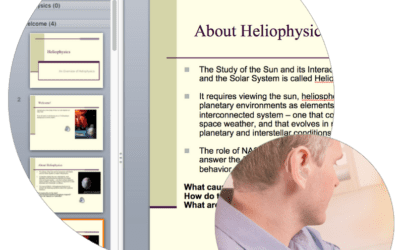Senator Casey has worked on the issue of federal government web accessibility since 2020. Below is a timeline:
-
March 2020: Senator Casey introduced the bipartisan Department of Veterans Affairs Website Accessibility Act alongside Senator Moran and Representative Luria, directing the VA to report to Congress regarding the accessibility of VA websites to people with disabilities.
-
December 2020: Senator Casey’s Department of Veterans Affairs Website Accessibility Act became law (P.L. 116-213).
-
January 2021: Senator Casey sent a letter to then-VA Secretary Robert Wilkie to confirm the VA was taking steps to implement the VA Website Accessibility Act and ensuring robust enforcement of Section 508 of the Rehabilitation Act after reports that the agency was not meeting standards of accessibility established by those laws.
-
April 2021: Senator Casey sent a letter following up on concerns on VA website accessibility with VA Secretary McDonough.
-
September 2021: VA transmitted a report to Congress regarding Section 508 compliance.
-
March 2022: Senator Casey received responses from VA to questions from his April 2021 letter.
-
June 2022: Senator Casey led a bipartisan, bicameral group of committee leaders in sending a letter to VA Secretary McDonough urging the agency to improve VA website accessibility for disabled veterans. He also released VA’s Section 508 report required by the VA Website Accessibility Act.
-
June 2022: Senator Casey led a bipartisan group of Senators in sending a letter to DOJ Attorney General Merrick Garland demanding information on web accessibility across the federal government.
-
July 2022: Senator Casey held a hearing in the Special Committee on Aging examining the challenges facing seniors and people with disabilities when accessing crucial online resources from the federal government. Testimony showed that a long list of federal agencies, even the White House, have entered settlements after being sued for failing to meet accessibility requirements outlined in Section 508.
-
August 2022: Senator Casey led a bipartisan group of Senators in requesting the U.S. Government Accountability Office (GAO) to investigate the federal government’s compliance with Section 508 of the Rehabilitation Act.
-
October 2022: Senator Casey sent a letter to VA Secretary McDonough, urging the VA to do more to make the agency’s websites and information technology accessible to people with disabilities. The Members of Congress called on the VA to accelerate its efforts to remediate long-standing accessibility issues and provide consistent transparency into which of the VA’s websites are not yet accessible.
-
November 2022: In response to DOJ announcing its plans to prepare and submit to Congress a report on web accessibility across the federal government, Senator Casey issued a bipartisan statement calling on DOJ to promptly issue a “robust, comprehensive report.”
-
December 2022: The senator released Unlocking the Virtual Front Door, a report detailing the findings of an 11-month investigation that found widespread failure across the federal government to ensure that federal technology is accessible for people with disabilities, older adults, and veterans. The investigation identified absence of DOJ reporting as a contributing factor to widespread accessibility shortfalls at the numerous federal departments and agencies.





